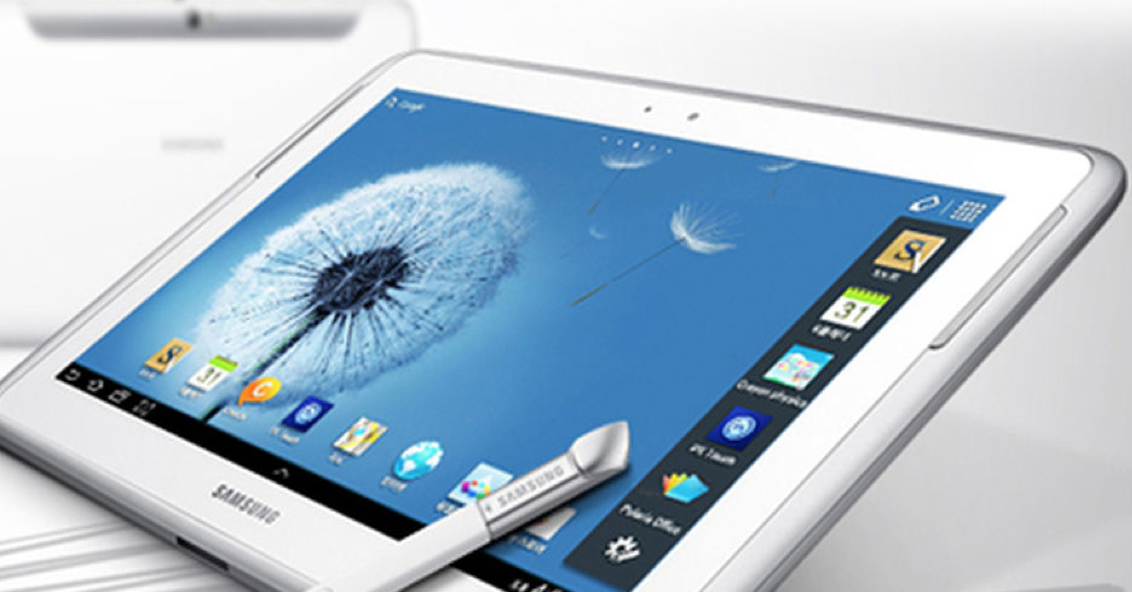New tech will not allow you to text while driving

Elements of the smartphone, laptop, and tablet are combined into communication technology’s latest device, the Phablet. Among its features are larger screens, upgraded cameras, and improved video display.
(Photo courtesy of pricepanda.com)
By Mikki Stacey, Staff Writer
Imagine you are driving to a business meeting. You get there, but you are the only one who shows up. Scott Tibbitts had this experience because a teenager, who was texting while driving, had killed the executive he should have met on May 8, 2008. This instance inspired Tibbitts, a chemical engineer for N.A.S. A., to create a device that prevents drivers from using their cellphones while behind the wheel.
When cellphones were a new product, drivers were the target consumers. Carriers charged by the minute, and that audience made sense because of the amount of time we spend in our cars. Now that most carriers provide unlimited use, they too are backing the movement to prevent cellphone use while driving, and we have the technology to do just that.
Actually, we have had the technology to do just that. Through G.P.S. systems, carriers can guess that you are in a car, ask if you are driving, and (if you say yes) will turn off your phone. The issue with this system is that, not only does it kill your battery, it is also easy to bypass. Most people disapprove of texting and driving, though approximately one third of us do it. Why? Because today’s society feels a pressing need to be constantly connected. Tibbitts says, “This is a behavior problem. It’s like trying to make condoms cool.” However, his product would make selfcontrol a little easier.
Tibbitts’ company, Katasi, created a small box. All you do is plug it into the O.B. D. 2 port in your steering column (all cars built since 1996 have this). The box is part of the industry of “telematics”—it concerns communication on the go. The box tells Katasi’s servers that the car is moving; the phone tells the servers from where the car is moving. An algorithm uses this data, along with other information, to ascertain who is driving and turns off that phone. If more than one potential driver is in the car, Katasi will assume that one of the passengers will prevent the actual driver from using his phone.
Katasi hoped that the technology could be utilized by this summer, but legal issues, such as liability, have postponed the company’s ability to launch this product. No one wants to be responsible should a text slip through and the driver crashes because he checked his phone. But now, imagine a world where, if you or a co-worker is late to a meeting, it is not because someone else cannot wait to check his cellphone.
